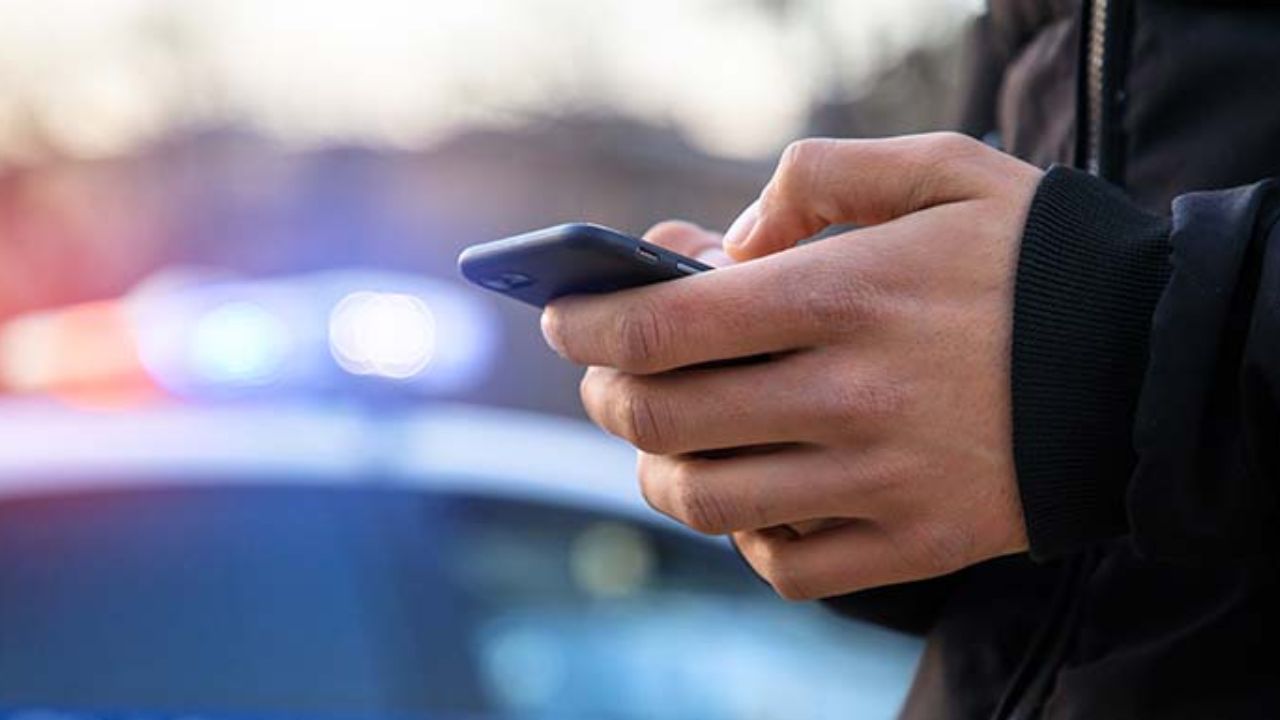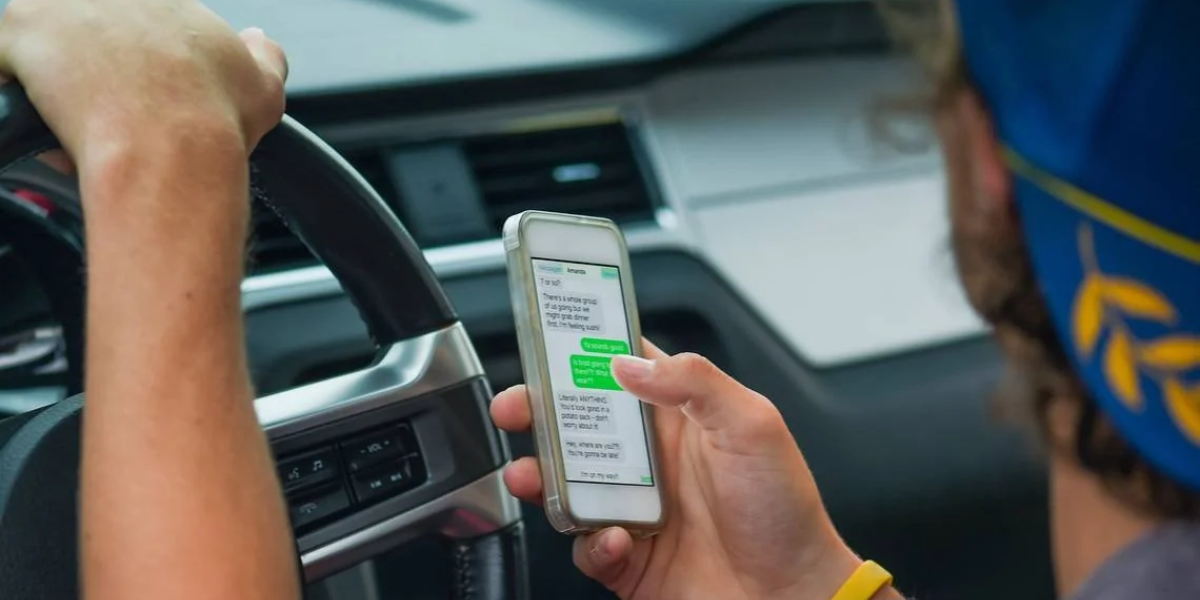Denver, CO – If you’re pulled over in Colorado, you might wonder: Can police search your phone during a traffic stop? The short answer is no—not without a warrant, your consent, or a very specific emergency situation.
Understanding your rights during these encounters can protect your privacy and help you respond legally and confidently.
Your Phone Is Protected by the Constitution
Under the Fourth Amendment of the U.S. Constitution—and Colorado state law—your cell phone is considered private property with extensive digital content. This includes messages, location history, apps, emails, and photos, which are all shielded from search without a warrant.
This legal protection was reinforced in the U.S. Supreme Court’s landmark 2014 decision, Riley v. California. The Court ruled that law enforcement cannot search the contents of a phone without a warrant, even if you’ve been arrested. The same principles apply during routine traffic stops in Colorado.
Two Scenarios Where a Warrantless Search Is Allowed
According to Huron Insider’s legal breakdown of the issue, there are only two exceptions that allow a phone to be searched without a warrant:
1. Voluntary Consent
If you clearly agree to let officers search your phone, they can proceed legally. But it must be voluntary, and you can withdraw your consent at any time. Importantly, you are never obligated to give permission.
Pro tip: Don’t say “Sure” or “Go ahead” casually—courts may consider that valid consent.
2. Exigent Circumstances
These include urgent, life-threatening situations—like an immediate risk of harm, or if police believe someone will delete critical evidence before a warrant is obtained. But even then, officers must prove to the court that skipping the warrant process was absolutely necessary.
Read Also: 10 Affordable Illinois Towns Where You Can Comfortably Retire on Social Security Alone
What About Probable Cause?
Even if police suspect there’s evidence of a crime on your phone, that alone doesn’t grant them access. Suspicion isn’t enough.
If officers believe probable cause exists, they may be allowed to temporarily seize your phone while they seek a warrant—but they cannot search it until one is granted by a judge.
Why You Should Be Cautious
If you allow access, police can go through all contents of your phone: text messages, call history, photos, GPS data, and even data stored in apps like WhatsApp or social media.
That’s why most attorneys advise: Don’t consent. Even harmless information can be misinterpreted or used out of context in court.
Evidence obtained during an unlawful phone search can potentially be thrown out in court, but only if challenged by your attorney. That’s why it’s crucial to know and assert your rights in real time.
What to Do During a Traffic Stop
If an officer asks to search your phone, follow these steps:
- Politely say, “I do not consent to a search of my phone.”
- Do not unlock or hand over your phone.
- Ask if you’re free to leave.
- Record the interaction if you feel your rights are being violated.
- Contact a lawyer immediately if your phone is searched or seized.
Remaining calm and respectful during the stop can also help you stay in control of the situation while keeping law enforcement accountable.
Have you ever experienced a traffic stop where your rights were unclear or challenged? Share your story or questions in the comments below—and visit ibwhsmag.com for more legal tips and guides to protect your digital privacy in Colorado.


 by
by 

